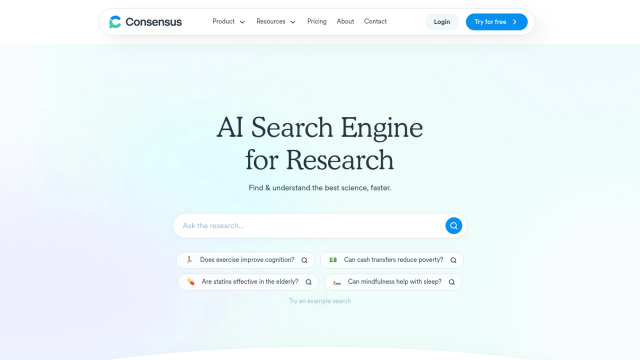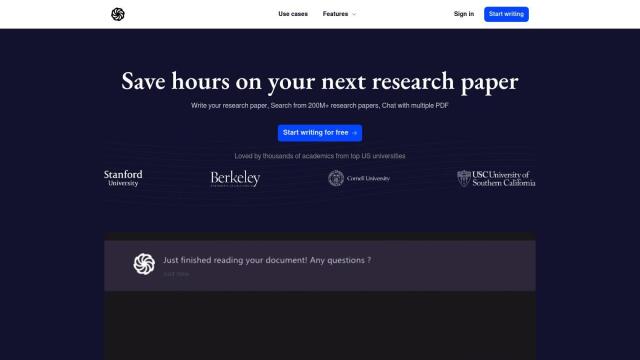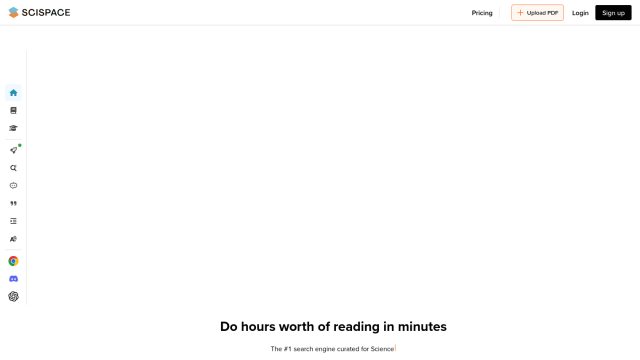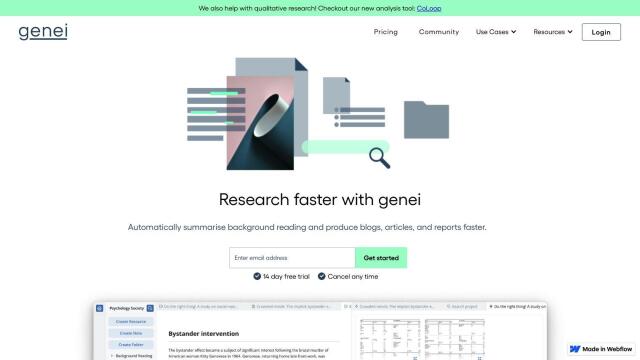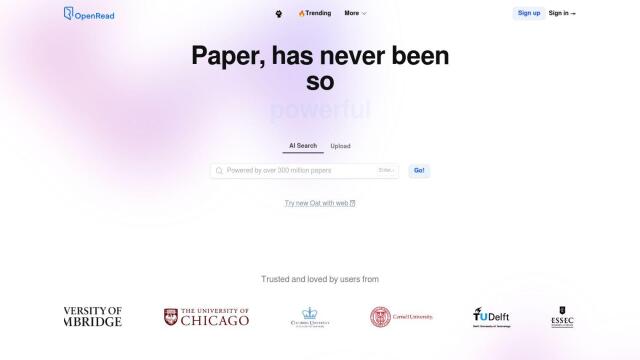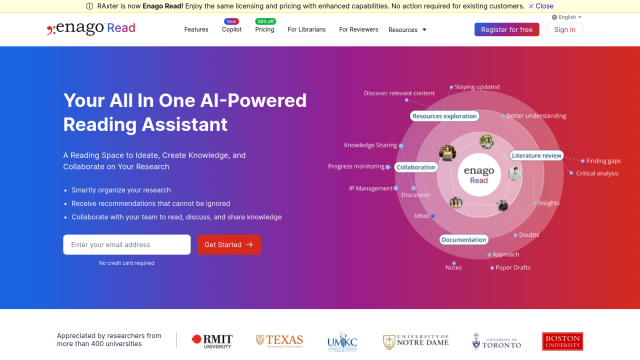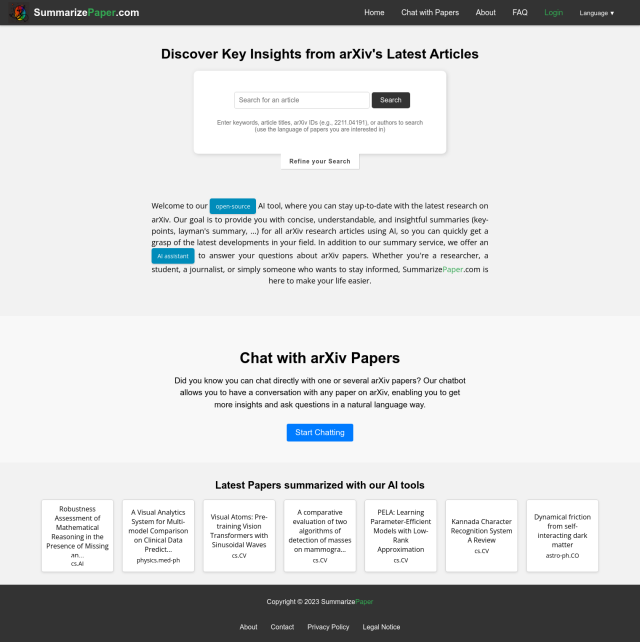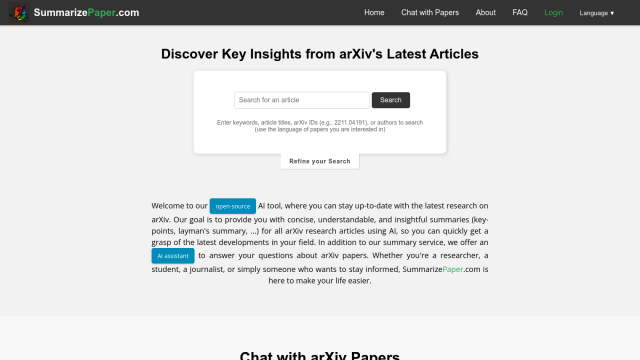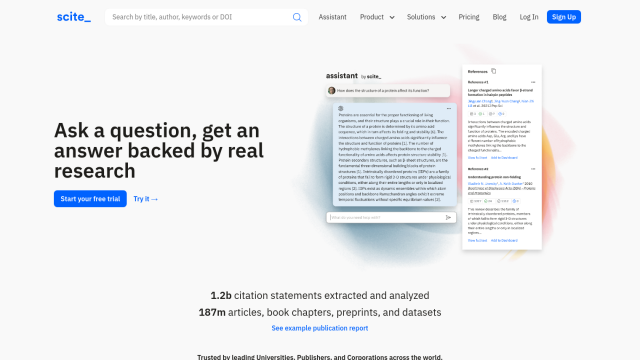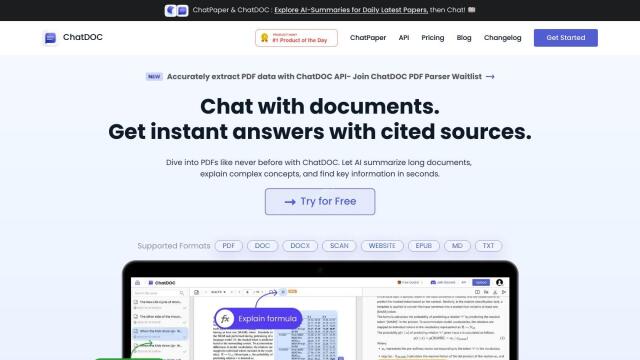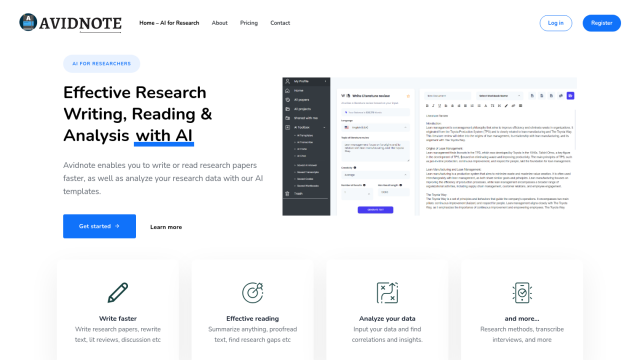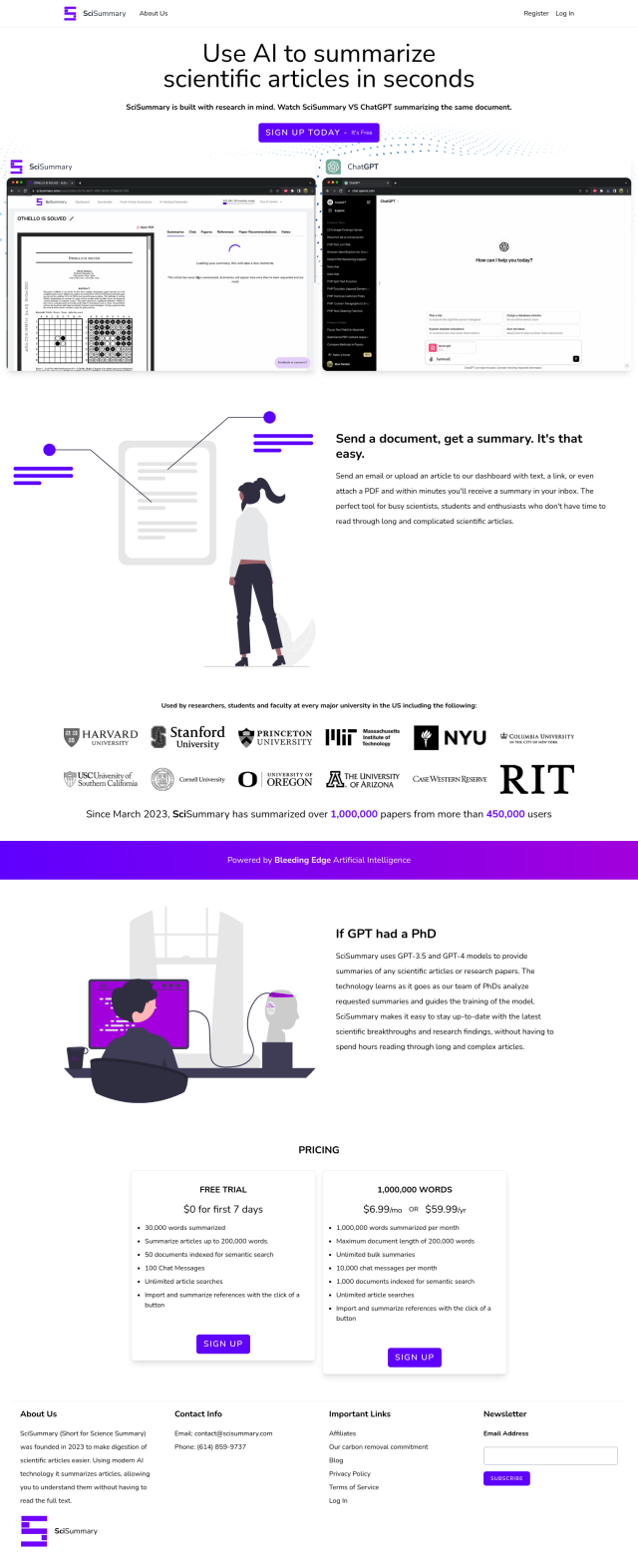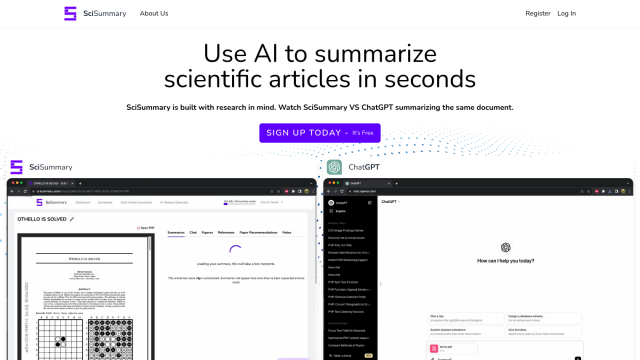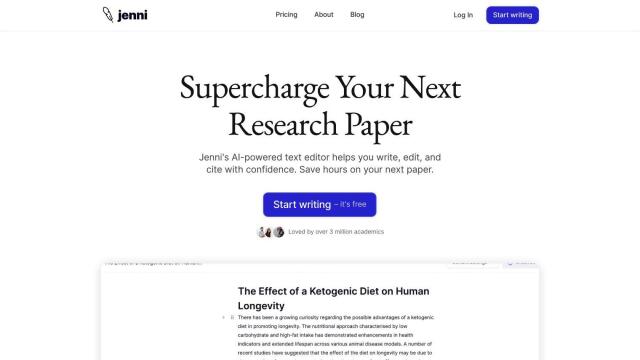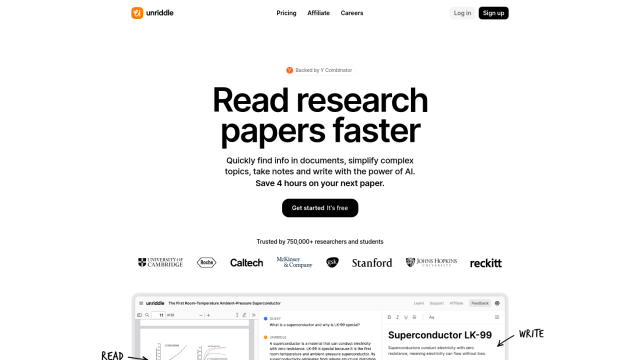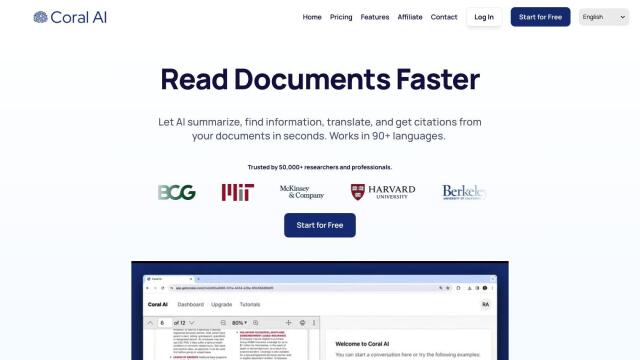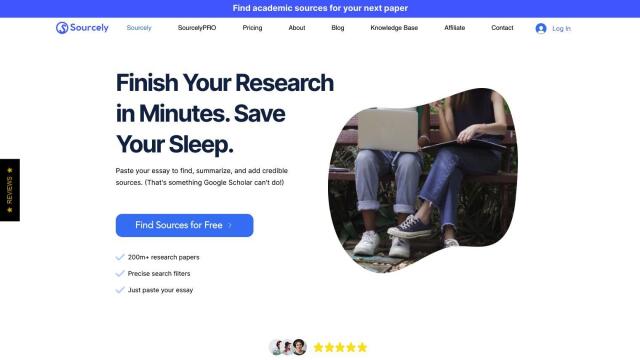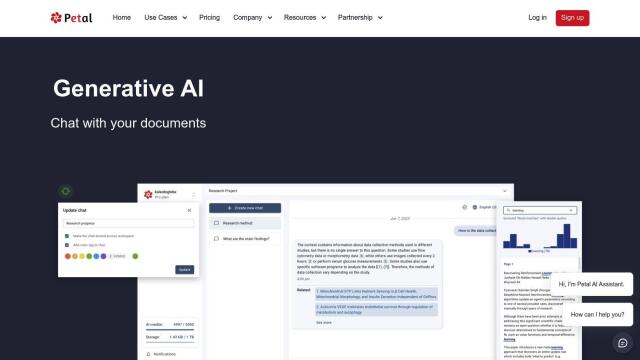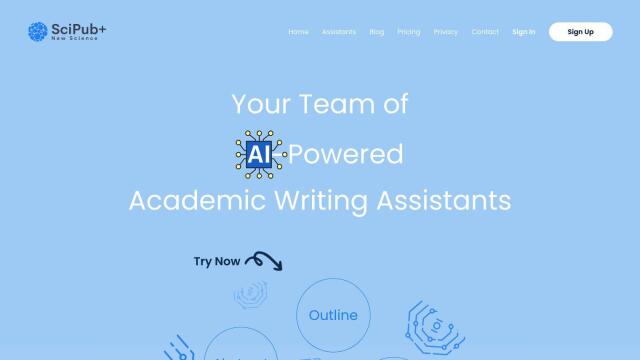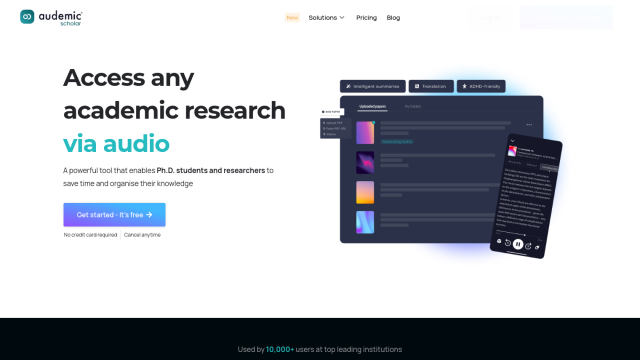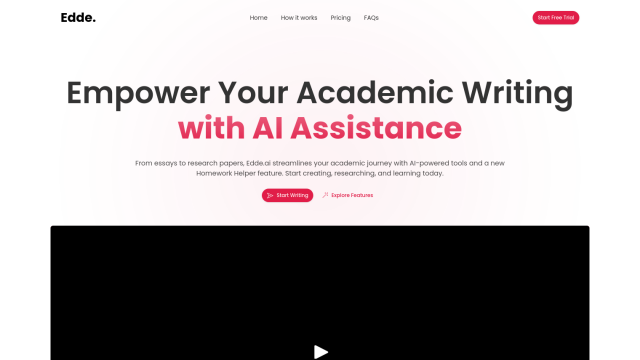Question: I'm looking for an AI assistant that can extract specific information from academic papers and organize it into tables.


Elicit
If you need an AI assistant to dig information out of academic papers and present it in tables, Elicit is a great option. Elicit can search, summarize and extract data from more than 125 million research papers. That's useful for empirical subjects like biomedicine and machine learning, for example, to accelerate literature reviews and automate systematic reviews and meta-analyses.
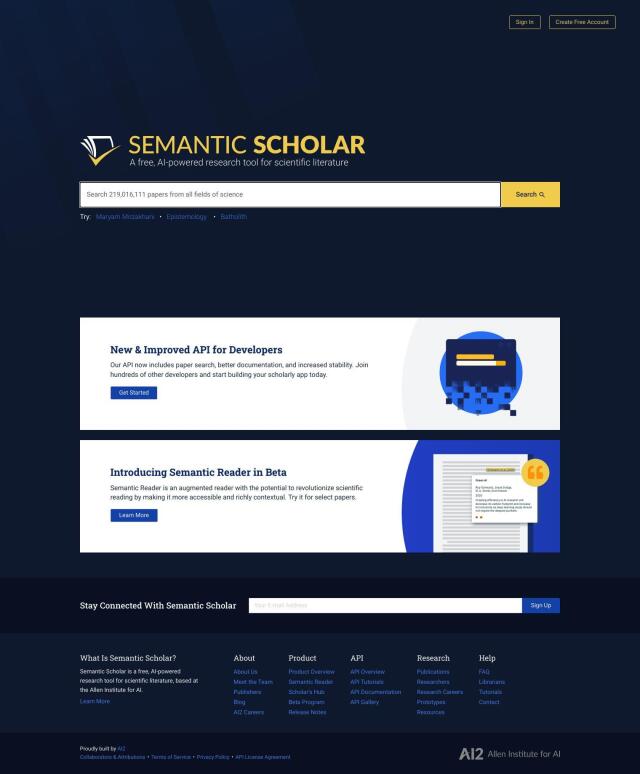
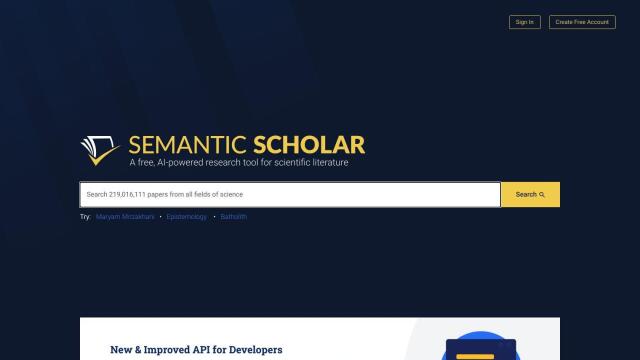
Semantic Scholar
Another great choice is Semantic Scholar, a free AI-powered research service that lets scholars search for and read relevant scientific papers in a catalog of more than 219 million papers. It's got powerful search filters and brief summaries (TLDRs) to get a quick handle on papers. You can also create AI-powered research feeds and share folders with collaborators, so it's a good tool for managing research.

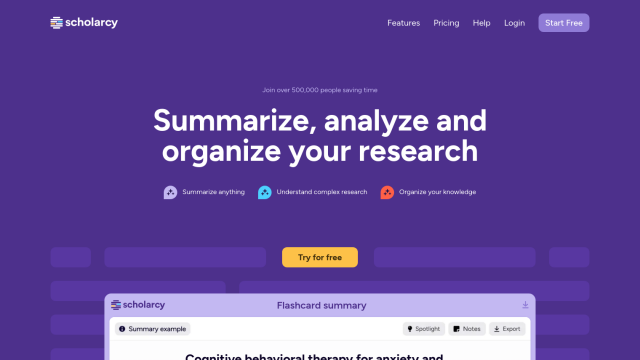
Scholarcy
If you want to take summarization and analysis to the next level, Scholarcy is worth a look. It can convert academic papers' dense material into interactive summary flashcards and handle lots of file formats. Spotlighting key findings, letting you customize summaries and generating bibliographies are among the features that help researchers get a better handle on complex information and free their time for higher-level thinking.

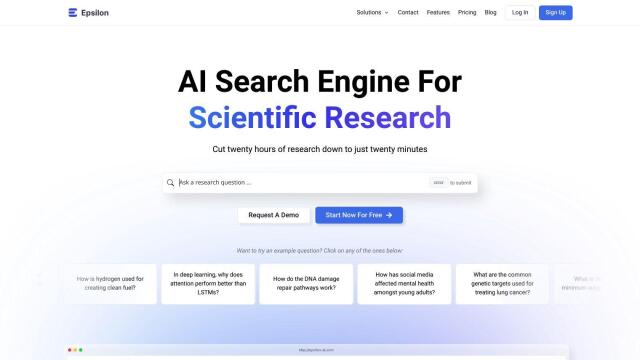
Epsilon
Epsilon also has a lot of tools for scientific discovery, including Investigate for summarized answers with inline citations, Search for organizing publications, Validate for extracting key information from multiple papers, and Synthesize for more detailed summaries. It uses GPT-4 to concentrate on factual, authoritative results and offers a variety of pricing levels for different users.

